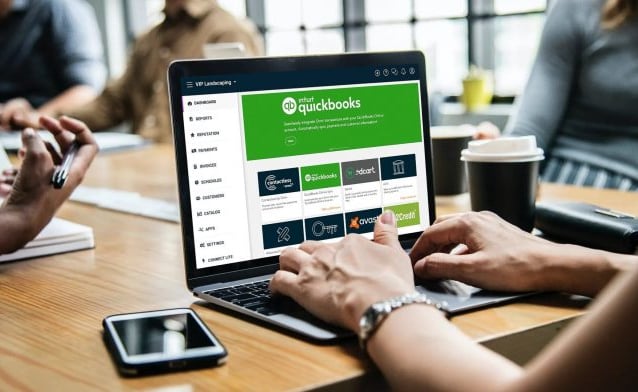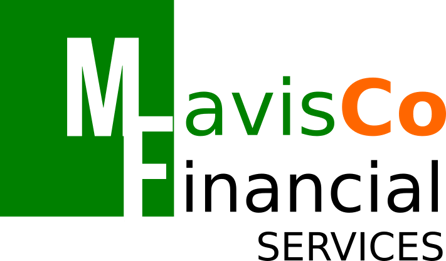

The Ultimate QuickBooks Tutorial for Small Business Owners
QuickBooks is a powerful and user-friendly accounting software that can help small business owners streamline their financial operations and save time. It provides a comprehensive range of features that enable you to manage your finances with ease, from tracking sales and expenses to generating financial reports. In this tutorial, we'll show you how to set up and use QuickBooks for your small business.
Setting up QuickBooks for your small business
The first step in using QuickBooks is choosing the right product for your business. QuickBooks offers several products, including QuickBooks Online, QuickBooks Pro, and QuickBooks Premier. Each product has different features and pricing, so be sure to choose the one that fits your needs and budget.
Once you have chosen your product, you'll need to create a company file. This file will store all of your financial information and transactions. When creating your company file, be sure to include all of the important information about your business, such as your company name, address, and tax information.
Next, you'll want to add your customers, vendors, and employees to QuickBooks. This will allow you to easily track sales, expenses, and payments, as well as generate invoices and reports. You'll also want to set up your bank accounts and credit card accounts, so you can easily record transactions and reconcile your accounts.
Recording financial transactions
One of the key benefits of QuickBooks is its ability to record financial transactions with ease. You can record sales transactions, expenses, transfers, and loan payments, as well as reconcile your bank and credit card accounts. To record a transaction, simply select the appropriate account, enter the details of the transaction, and save it.
Managing accounts payable and accounts receivable
QuickBooks also makes it easy to manage your accounts payable and accounts receivable. You can create and send invoices, track payments, and record customer payments. This will help you keep track of your cash flow and ensure that you're getting paid on time.
Generating financial reports
One of the most powerful features of QuickBooks is its ability to generate financial reports. You can view reports such as the Profit and Loss Report, the Balance Sheet, and the Cash Flow Statement, which will give you a clear picture of your financial health. You can also customize and export reports as needed, making it easy to share financial information with your team or accountant.
Tips and best practices!
Here are a few tips to help you make the most of QuickBooks:
Streamline your bookkeeping process by automating recurring transactions, such as bills and invoices.
Keep your books accurate and up-to-date by recording transactions regularly and reconciling your accounts.
Integrate QuickBooks with other business tools, such as payment processing systems, to simplify your workflow.
Seek help when needed, either from QuickBooks support or from a qualified accountant.
In conclusion, QuickBooks is an essential tool for small business owners looking to simplify their financial operations. With its powerful features and user-friendly interface, QuickBooks can help you save time and increase your productivity. By following this tutorial, you'll be on your way to managing your finances with confidence and ease.
CONNECT
E-mail :mavisco.md@gmail.com
Phone: 2819476065
SERVICES
Tax Preparation
Book Keeping
Budgeting
Quickbooks Training
Accounting
NAVIGATE
© 2023 MavisCo Financial Services. All Rights Reserved. | Privacy Policy | Terms of Service
